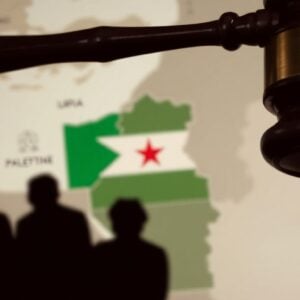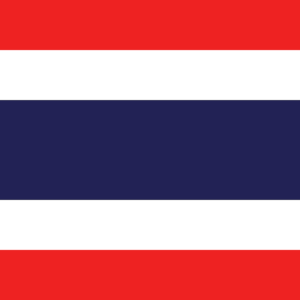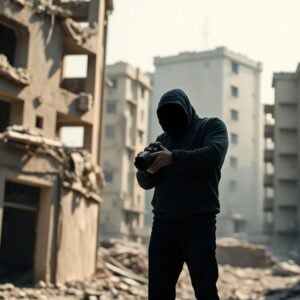The UN Human Rights Office (OHCHR) interviewed 314 witnesses who fled the Democratic People’s Republic of Korea (DPRK), along with consulting organizations and experts, to assess the country’s human rights situation since 2014. The findings reveal that conditions have not improved and, in many cases, have worsened, bringing further suffering to the population. James Heenan, head of the OHCHR office working on DPRK, emphasized that even minor offences can result in severe punishment.
The report highlighted credible evidence of executions for distributing foreign media, including Korean dramas, underscoring the regime’s harsh measures against the spread of outside information. New laws and practices have expanded surveillance and control, with many citizens ending up in forced labour camps as political prisoners.
One form of forced labour, known as “shock brigades,” has reportedly involved thousands of orphans and street children working in coal mines and hazardous environments. School children are also forced into hard labour, such as harvesting crops, under the guise of learning life skills. Witnesses described this as backbreaking work, meeting the definition of forced labour since children had no choice in the matter. The same gruelling labour extends to prisoners, military conscripts, and workers from poor families seeking social mobility. Deaths are reportedly common, yet the government glorifies them as sacrifices to the leader rather than improving safety conditions.
The report also documented the widespread use of the death penalty. Between 2014 and 2015, several senior officials were executed for “anti-State acts.” Although the trend slowed, from 2020 executions resumed for crimes such as distributing unauthorized media, drug-related offences, prostitution, trafficking, and murder. Six new laws since 2015 expanded capital punishment to vaguely defined offences like “anti-State propaganda.” Witnesses recounted seeing public executions over the past decade, often staged deliberately to instil fear and deter dissent.
While some escapees noted slight improvements in detention facility conditions and North Korea has ratified two additional human rights treaties, the report concludes that the country remains far from fulfilling its international obligations. Its extreme isolation continues to make monitoring and accountability difficult.
UN Human Rights Chief Volker Türk described the situation as “a lost decade,” warning that if DPRK continues on its current path, its people will face continued suffering, repression, and fear under the existing system.






